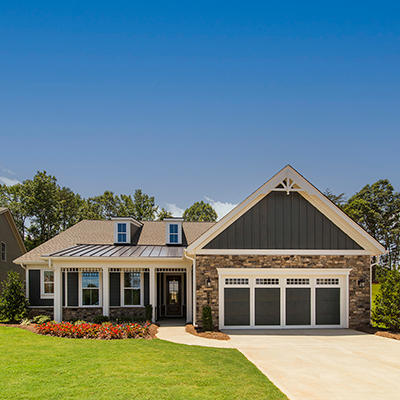Best Places to Retire in Ecuador – A Guide to Retirement
Ecuador has has become a popular place for U.S. and Canadian retirees, based on its very low cost of living and warm weather. One estimate has between 5,000 – 10,000 American expats here, most of them attracted by the low cost of living. Ecuador is a Spanish-speaking country approximately the size of Colorado. In general, tourist facilities are adequate but vary in quality. Crime is a significant concern, and became significantly worse in 2022 and 2023. Ecuador uses the U.S. dollar as its official currency, and U.S. bills and both U.S. and locally minted coins are accepted everywhere.
-
Does my policy apply when I’m outside the United States?
-
Will it cover emergencies like a trip to a foreign hospital or a medical evacuation?

